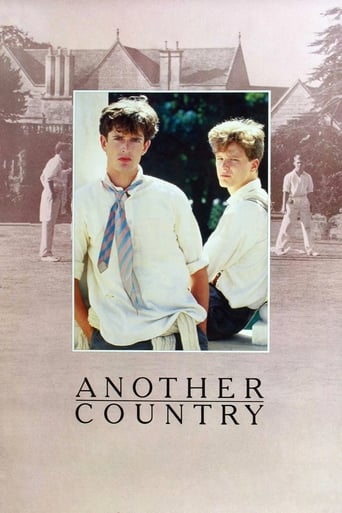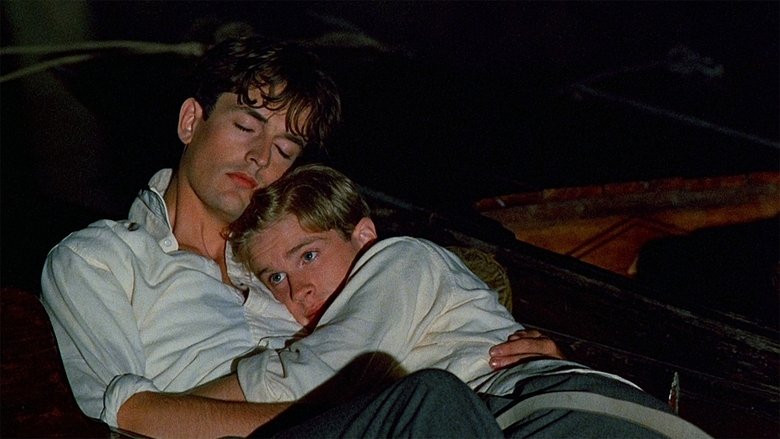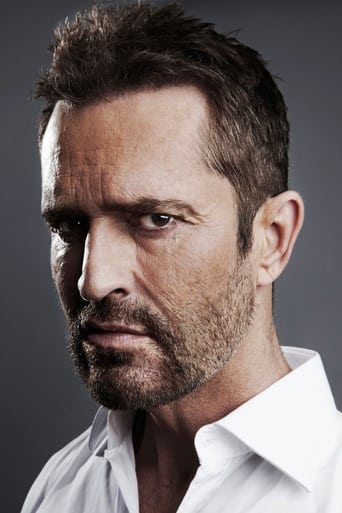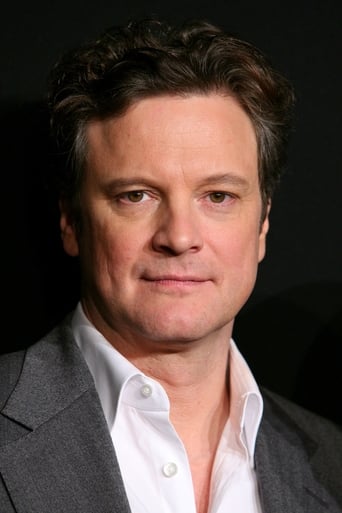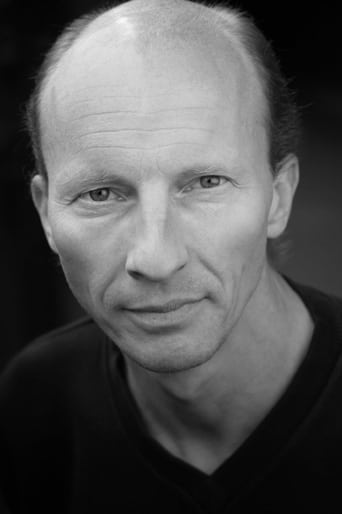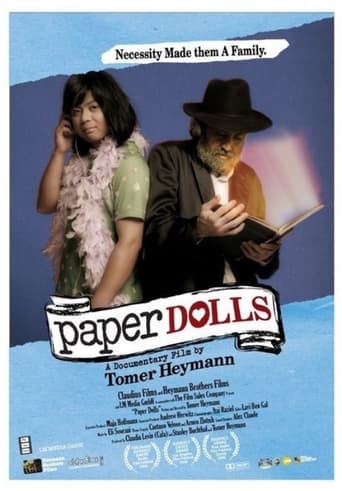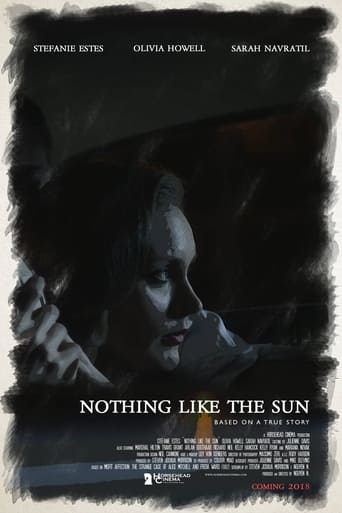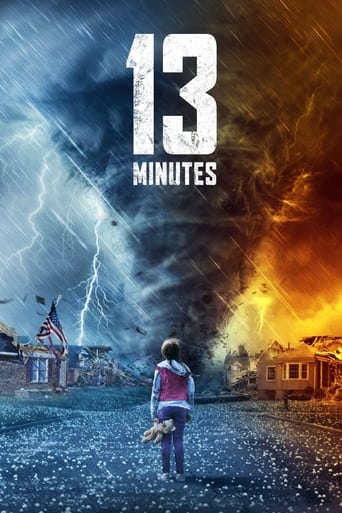Another Country (1984)
In Moscow in 1983, an American journalist interviews Guy Bennett, who recalls his last year at public school, fifty years before, and how it contributed to him becoming a spy.
Watch Trailer
Cast


Similar titles
Reviews
For English of a certain age - and possibly for those from other countries - the phrase 'the third man' and the triumvirate of Kim Philby, Guy Burgess and Donald McLean (until the eventual flight to Moscow of Philby, it was simply Burgess and McLean) have a certain resonance.In later years the trio expanded to include a knight of the realm who eventually rose to become the Queen of England's art expert - something of an about-turn for a traitor - and is also said to have included one John Cairncross as 'the fifth man', although that is still in dispute.Over the years, of course, and with changing geopolitical obsessions and problems the Cambridge spies attract less interest if only because Islamic State/Isil/IS/Isis and various other offshoots of Al Qaeda have been passed the mantle of 'the enemy' and, well, it was all 55 years ago. We have new 'spies' and their stories to get excited about.All four (or five) spies have an interesting story to tell and to this day it is difficult to establish quite why the products of England's privileged class should have decided to bite the hand which fed them. Blunt, certainly, will have wanted to undo his past, if only because the social position he attained as Surveyor of the Queen's Pictures was one which the old queen enjoyed a great deal. Philby seems, since his childhood in India where until the age of five he spoke both English and Urdu fluently and daily played with the children of his parents servants, to have suffered from a kind of split personality - I don't mean that in any medical sense - and had no difficulty hobnobbing with wealthy colleagues down in the club before meeting his controller and sending other colleagues to certain death. He was said to have been a real charmer so perhaps he was simply a sociopath who could not empathise.Anther Country is about Guy Burgess, also like Blunt homosexual, and if you don't know much about him, the film's rather too neat explanation of why he became a traitor seems a tad glib. But in fact Burgess was nothing if not superficial. He seems to have been the least ideologically inspired of the Cambridge Four and, being a huge drinker, was a constant source of concern to the others and his Soviet controllers that he would while drunk give the game away.He and McLean were the first to break cover and head for Soviet Russia when it seemed likely that McLean, a diplomat in Britain's Washington embassy, was about to be unmasked. It has often been suggested that Burgess need not have fled: no one was onto him and his treachery was only discovered once he had hightailed it to Moscow.Some even suggest that he fully expected to return to Britain, though what he thought might be made of his actions back in London only the Lord knows. Certainly, he didn't take to Moscow life and (according to Wikipedia) had all his clothes tailored in London's Savile Row and shipped to him in Moscow.The other notable aspect of Another Country is its portrayal of life at an English public school (the name, helpfully for Americans we give some of our private schools). The film takes place in the Thirties so I can't comment on whether aspects of such a school are exaggerated. But I attended a Roman Catholic public school (as a boarder) for five years in the Sixties and I can confirm that many of the absurdities prevailed, as did the rigid hierarchy of boys. We were still being caned for the silliest of reasons - though we called it being beaten - though in the more enlightened Sixties this could no longer be done by prefects.The film takes place in the summer term when the air was sufficient balmy for the boys to take midnight walks or meet for midnight trysts. I remember many pleasant afternoons lying in the sunshine under a tree, doing nothing but gazing through the leaves into a blue sky. But I also remember the sheer misery of having to bathe and shower in cold water - not for any character building but because the school was too tight-fisted to get the hot water system modernised and repaired. I remember the goddam awful pigswill which we were served up as 'food', and the almost frightening speed with which violence could erupt for no very good reason. Oh, and I also remember all the talk of 'minnows' and boys that someone 'fancied' though not of it, thank God came my way.So I suspect Another Country holds a certain attraction for its portrayal of the kind of life lived at such a school, although a portrayal now long outdated - corporal punishment is no longer legal at any school. The story is rather slight, the boys rather too articulate, speaking as they do as characters might in a play or a film. Or perhaps as I am now well beyond the age they were, I simply can't remember how young folk talk and talked.The explanation as to what decided Guy Burgess/Bennett to choose the dark side and betray his country - because he had been cheated out of the bauble he craved more than any other - was, perhaps, a touch to pat. There again the real Guy Burgess was such a loose cannon who didn't seem to believe much for very long anyway, perhaps it really was like that. The film is, perhaps, best viewed as a well-made period piece.
Adapted from Julian Mitchell's eponymous play, ANOTHER COUNTRY is a biographic recount of Guy Burgess' repressive campus days, which foreshadows his later defection to Russia as a spy. Set in 1930s, in an all-male British public school, Guy (Everett) is a homosexual student with a casual and elegant bearing, his best friend is a heterosexual communist Tommy (Firth), both spurn the stiff hierarchy system of the school, from junior to prefect until the gods, the oppressive atmosphere is stifling. Triggered by a newly suicide accident owing to homosexual action, the management tier restricts any activity likewise. Guy finds himself more and more befuddled about his future and a cute peer James (Elwes) has come into his life, whom he is instantly besotted with. But with their disruptive nature, both Guy and Tommy have to pay their prices and end up as expendable pawns in the school's power struggle. The film runs within a neat 90-minutes, starts with a writer interviews Guy in Moscow in 1980s (in my opinion it would be much better to hire a real aging actor for the role instead of using the horrible make-up on Everett), immediately the film flashbacks to Guy's youth, carefully limns how the formulaic and orthodox school life slowly erodes his belief and viewpoint of the world, but not his sexuality. Both Rupert Everett and Colin Firth are in their early twenties and their untainted countenances could only arouse a nostalgic reminiscence which luckily doesn't overshadow their excellent performances here, especially Firth, an idealistic socialist, a devoted friend, the two-hander between him and Everett gains lots of favorable impressions for the film while Elwes and Everett's touchy-feely moments looks a shade phony and effete. Nevertheless, I give an encourage 8 out 10 for this film, director Marek Kanievska's debut, it has a killing score, mellifluous and nerve-soothing, the script is potent and caustic in supporting the film's narrative arc with a great ensemble and my sweet spot is the period backdrop, whose canon and moral leverage are stinkingly degenerate, but all its trappings are shining with their own allure to generations after and this film is a lucky beneficiary as well.
A magnificent enchanting and deeply touching tale of class and hypocrisy surrounding the young inhabitants of a history English public school. This is a highly moving expose of the supposed teenage school days of infamous spy Guy Burgess is rich, deep and luxurious. It is aesthetically pleasing with authentic although slightly mixed locations and the moody atmospherics employed heighten the enjoyment factor no end. The running undercurrents of class, breeding, expectation and tradition are the key features of this moving and entertaining story showing the underbelly of a traditionally British educational establishment.Rupert Everett stars as both an old Guy Bennett in a small apartment in snowy cold Moscow recounting his school days to a young female writer as well as the fresh faced young man he was in 1931. His performance bristles with the authenticity of class and ability. He is perfect as the too clever by half and defiantly too clever for his own good schoolboy Guy heading toward his last year of school, hoping to receive the adulation and power of school god. Such dizzy heights seem well within his grasp, after all, this is what his entire school days have been building up to, plus it's the level his ancestry achieved in generations gone by. His best friend is the broodingly attractive Marx reading communist loving Tommy Judd, played with skill and passion by the young Colin Firth, already demonstrating the skills that have taken him to the very top of the British acting profession. Guy and Tommy are friends, mainly because they are on the outside of the establishment, in that they simply don't follow the accepted norms of behaviour. Guy simply for his open homosexuality and Judd for his communist Marxist leanings and beliefs. Their friendship is one of surprising depths, based on mutual respect and affection, a respect that would later have far-reaching implications. The public school setting of the 1930's could really be anywhere in the United Kingdom and at any decade of the last one hundred and fifty years or so, such is the timeless charm of tradition, still played out in many schools up and down the country to this day. A master on his way somewhere hears a noise and stumbled upon Martineau, an endearingly cute blonde haired lad and a boy from another house engaged on a sexual act in one of the school changing rooms. It is a mutual act, which we are lead to believe is commonplace in the darker places of a school of this type and time and is usually ignored, a blind eye turned to it. However, there are no blind eyes when it comes to the masters and Martineau faces expulsion for the most scandalous of reasons, a fate he just cannot allow to endure. Thus, the poor troubled boy takes his own life in the school chapel.Master and pupils alike are aghast at this course of action and they must pull together to prevent a scandal striking at the school, for all their sakes, they pull ranks and tighten the positions and time to rule with a rod of steel. What follows is essentially a power-based annihilation of homosexuality that may or may not be prevalent in each house of the school. Bennett, who is rather more open than most about his preference, is subject to increased scrutiny and investigation. The unspoken message seems to be that no gay boy will be allowed as a school god; it is a simple as that. No commies and no queers..... Read more and find out where this film made it in the Top 50 Most Influential Gay Movies of All Time book, search on Amazon for Top 50 Most Influential Gay Movies of All Time, or visit - http://www.amazon.co.uk/dp/B007FU7HPO
I was living in France when this film was first released. I had seen the stage play and thoroughly enjoyed it. The film was so good I actually saw it twice over it's opening weekend.The bulk of the action is set in an English boarding school in the 1930s. This is marvelously portrayed - school bullies, inter house rivalries, the cadet force, cricket - and there is some marvelous interaction between Rupert Everett and Colin Firth. The latter's impassioned defence of Stalin is understated comedy at its finest.This is a film of great subtlety and beauty, well acted, and underpinned by a haunting soundtrack.

